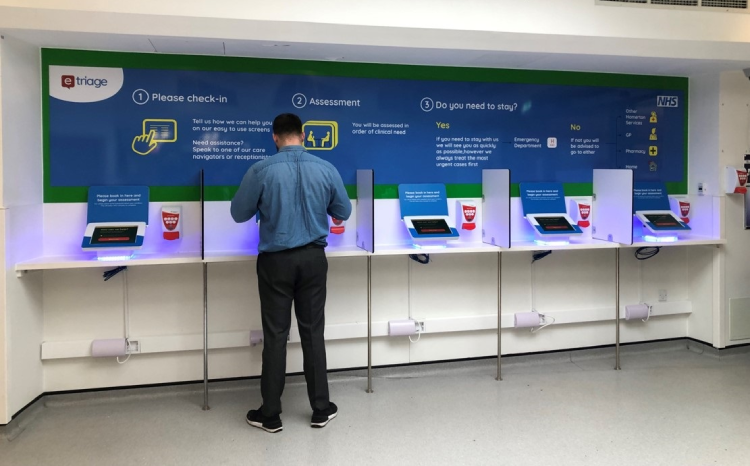MPs back technology for patient safety
- 3 July 2009
MPs have criticised the Department of Health for failing to collect data on whether a decade of policies to improve patient safety are working or not.
In a report concluding its inquiry into patient safety, the House of Commons Health Committee says “judging the overall effectiveness of patient safety policy is made difficult because of the failure by the failure of the DH to collect adequate data.”
However, it says the further raft of safety measures introduced by Lord Darzi’s Next Stage Review of the NHS amounts to a “tacit admission that not all services are safe enough yet.”
It adds: “this perception is strengthened by the recent cases of disastrously unsafe care that have come to light in a small number of trusts, such as Mid Staffordshire NHS Foundation Trust.”
The report says the DH should now make sure that information on patient safety is systematically collected through a regular review of patient case notes.
It also says steps should be taken to stop under-reporting to the National Reporting and Learning System and that more of its findings should be published.
The Committee argues that “several technologies could make significant improvements to care, but are being introduced far too slowly.”
It highlights automated decision support systems, including electronic prescribing, Automatic Identification and Data Capture technology, such as bar-coding and other tracking systems for blood, drugs and other assets, and electronic patient records.
“While we recognised and are pleased that Lord Darzi’s NHS review emphasises safety, it has become clear to us that not all services are safe enough yet,” said committee chair Kevin Barron. “Urgent action is required.”
In a chapter devoted to technology and patient safety, the Committee acknowledges that high-technology healthcare introduces new potential for harm.
It says computer systems may fail, that staff may develop work-arounds to avoid safety features, that systems may introduce new errors (such as incorrect selection from pull-down menus), that staff may over-rely on systems to check for errors, and assume that technology is more effective than it actually is.
Yet it argues that “properly used, technology can greatly improve patient safety”. The report describes in some depth visits that committee members made to see automated decision support and AIDC systems in action, and presses the DH to make further progress with getting GS1 standards adopted for AIDC technology in England.
The committee also commends the use of Cerner Millennium at Homerton Hospital and the Symphony A&E system at St Thomas’ Hospital in London.
But it notes that these are “free standing and not yet networked with the rest of the NHS” and that the creation of integrated electronic patient records, promised by the National Programme for IT in the NHS, is running four to five years late.
Other sections of the report focus on cultural barriers to improving patient safety, such as medical training, a managerial focus on performance and financial targets, confused roles for commissioners and regulators, and NHS “blame culture.”
The MPs also say it is “appalling” that the government has failed to introduce an NHS Redress Scheme, three years after Parliament passed the relevant legislation.
Link: House of Commons Health Committee: patient safety: sixth report of session 2008-9.




